 |
| Officials, civil servants and public employees are entitled to benefits when they leave their jobs. (Source: Nguoi Lao Dong) |
Allowance level for officials, civil servants and public employees who quit their jobs immediately according to Decree 29/2023
Officials, civil servants and public employees who are downsized and whose age is at least 2 years lower than the retirement age specified in Appendix I and Appendix II issued with Decree 135/2020/ND-CP and who do not meet the conditions for early retirement policy specified in Clause 1, Clause 2 and Clause 5, Article 5 of Decree 29/2023/ND-CP, if they immediately quit their jobs, will receive the following benefits:
- Receive 3 months of current salary to find a job;
- Receive a subsidy of 1.5 months of average salary for each year of work with mandatory social insurance.
Severance regime after vocational training according to Decree 29/2023
Subjects of staff reduction who are under 45 years old, have good health, a sense of responsibility and a sense of organization and discipline but are undertaking jobs that are not suitable for their training level and major, and wish to quit their jobs will be given the opportunity by the agency, organization or unit to attend vocational training before deciding to quit their jobs, find new jobs on their own, and enjoy the following benefits:
- Receive full current salary and have social insurance, health insurance, unemployment insurance (if eligible for unemployment insurance) paid by the agency or unit during the vocational training period, but the maximum benefit period is 06 months;
- Receive a subsidy for vocational training fees equal to the cost of the vocational training course, up to 6 months of current salary, to pay to the vocational training facility;
- After completing the apprenticeship, you will receive a 3-month subsidy of your current salary at the time of studying to find a job;
- Subsidized 1/2 month of average salary for each year of work with social insurance;
- During the apprenticeship period, continuous working time is counted but seniority is not counted for annual salary increase.
Note: Subjects who terminate their employment under the above-mentioned regimes shall have their social insurance payment period reserved and shall be granted a social insurance number or receive a one-time social insurance benefit according to the provisions of the Law on Social Insurance 2014; they shall not enjoy the termination policy for civil servants and public employees according to the provisions of law.
Subjects of staff reduction according to Decree 29/2023
(1) Cadres, civil servants, public employees; commune-level cadres, civil servants and people working under indefinite-term labor contracts in administrative agencies are subject to the same regimes and policies as civil servants according to Government regulations, if they fall into one of the following cases:
- Surplus due to review and rearrangement of organizational structure and personnel according to the decision of competent authority or surplus due to public service units rearranging organizational structure and personnel to implement the autonomous mechanism;
- Surplus due to rearrangement of administrative units at district and commune levels according to decisions of competent authorities;
- Redundancy due to restructuring of cadres, civil servants and public employees according to job positions, but cannot be arranged or assigned to other jobs or can be arranged to other jobs but the individual voluntarily reduces the payroll and is agreed by the agency, organization or unit directly managing them;
- Not yet meeting the training level according to the professional and technical standards prescribed for the current job position, but there is no other suitable job position to arrange and cannot arrange for retraining to standardize professional and technical skills or the agency arranges another job but the individual voluntarily implements staff streamlining and is agreed by the agency, organization or unit directly managing;
- For 2 consecutive years at the time of considering streamlining the payroll, the cadre, civil servant, or public employee has 1 year of quality classification at the level of completing the task and 1 year of not completing the task but cannot be assigned to another suitable job;
In the previous year or in the year of implementing the review of staff streamlining, the quality is classified as completing tasks or below, but the individual voluntarily implements staff streamlining and is approved by the agency, organization or unit directly managing him/her;
- There are 2 consecutive years immediately preceding the time of considering streamlining the payroll in which in each year the total number of days off work is equal to or higher than the maximum number of days off due to illness as prescribed in Clause 1, Article 26 of the Law on Social Insurance 2014, with confirmation from the Social Insurance agency paying sickness allowances according to current regulations of law;
In the previous year or in the year of considering streamlining the payroll, the total number of days off work is equal to or higher than the maximum number of days off due to illness as prescribed in Clause 1, Article 26 of the Law on Social Insurance 2014, with confirmation from the social insurance agency that only pays sickness benefits according to current regulations of law, the individual voluntarily conducts streamlining the payroll and is agreed by the agency, organization or unit directly managing;
- Cadres, civil servants, and public employees in leadership and management positions and titles are removed due to the reorganization of the apparatus and administrative units according to the decision of competent authorities, individuals voluntarily carry out staff streamlining and are approved by the agency, organization, or unit directly managing them;
- Cadres, civil servants and public employees who are being disciplined but not to the extent of being dismissed or forced to quit their jobs according to the provisions of law at the time of considering streamlining the payroll, and who voluntarily carry out streamlining the payroll, with the consent of the agency, organization or unit directly managing them.
(2) People working under indefinite-term labor contracts performing professional and technical jobs in the list of specialized job titles and shared professional job titles in public service units according to Government regulations that are redundant due to organizational rearrangement or restructuring of the unit's human resources according to the decision of the competent authority.
(3) Non-professional workers at the commune level who are redundant due to the rearrangement of commune-level administrative units and non-professional workers at the village and residential group who are redundant due to the rearrangement of villages and residential groups when rearranging commune-level administrative units must retire within 12 months from the date of the rearrangement decision by the competent authority.
Source

















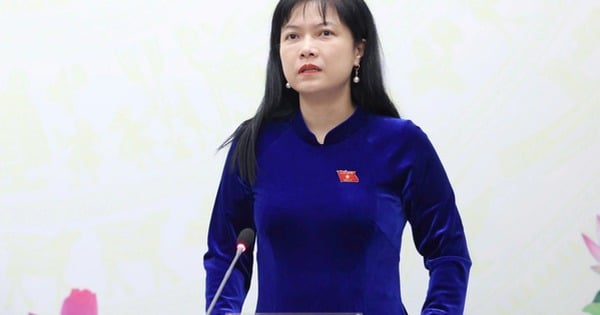
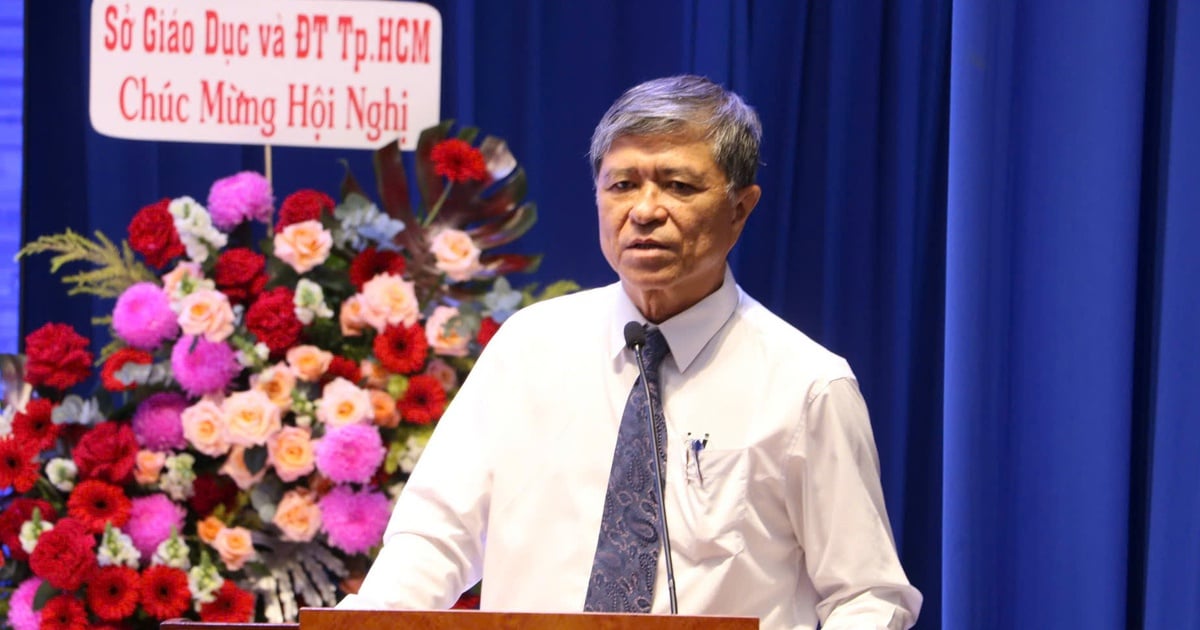


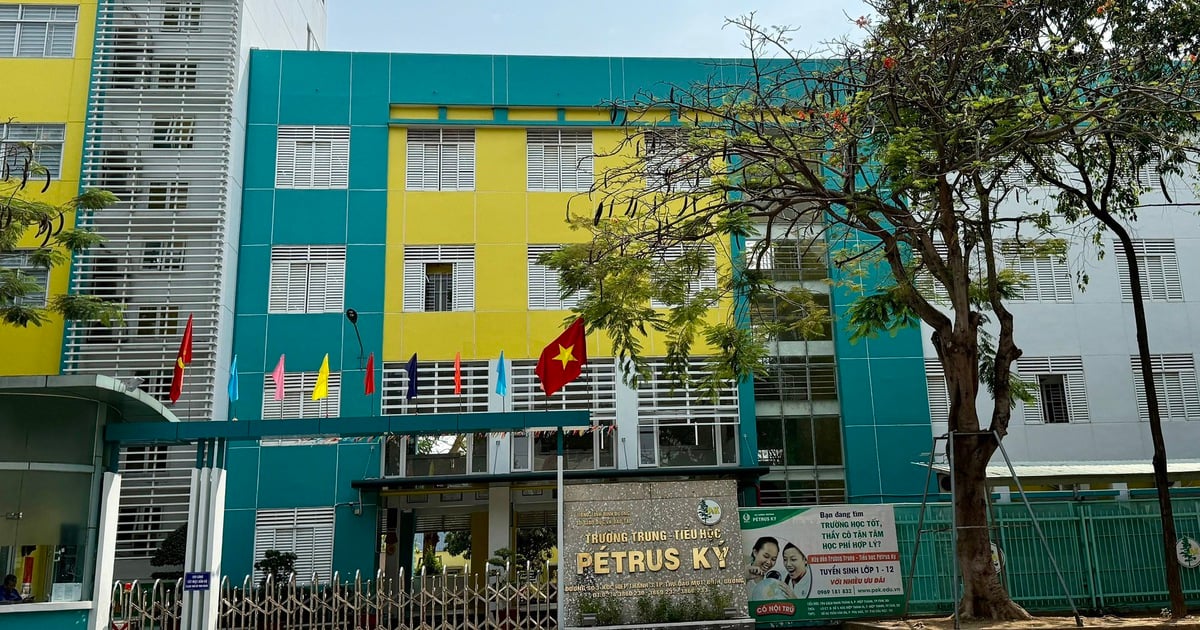










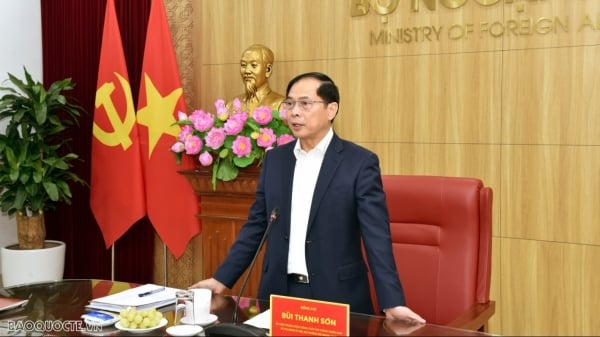















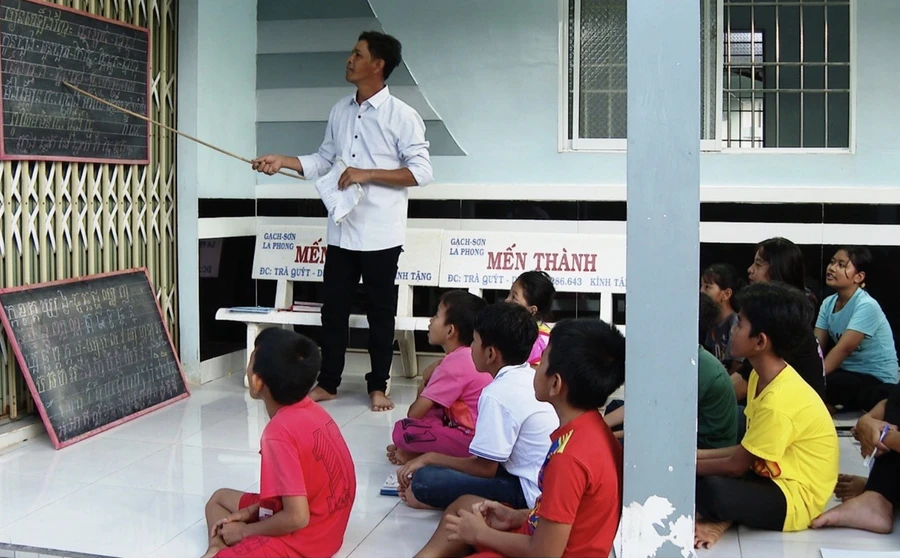








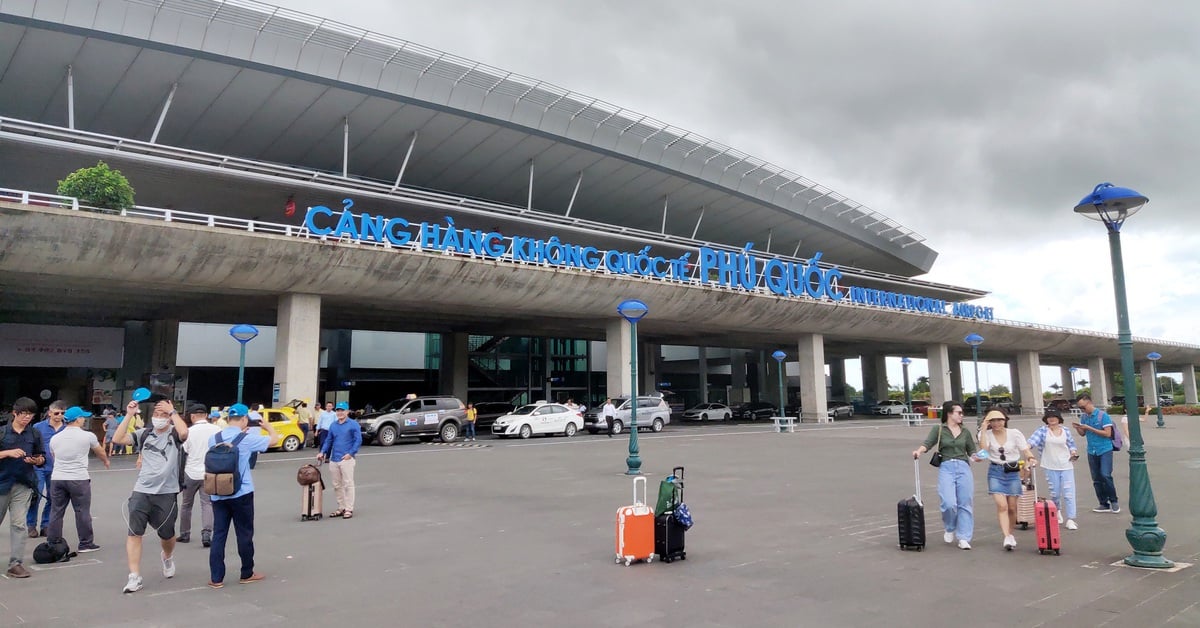
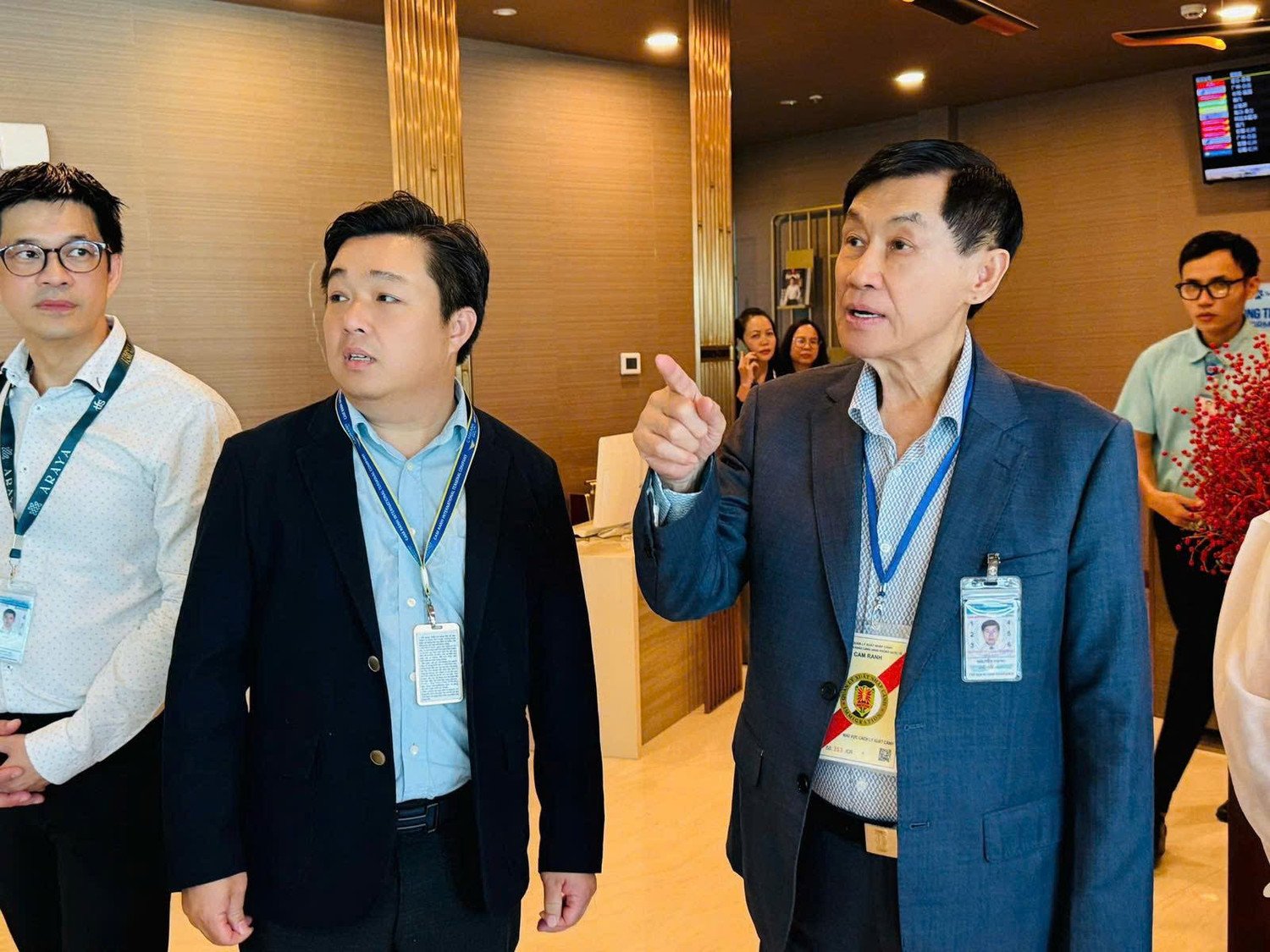




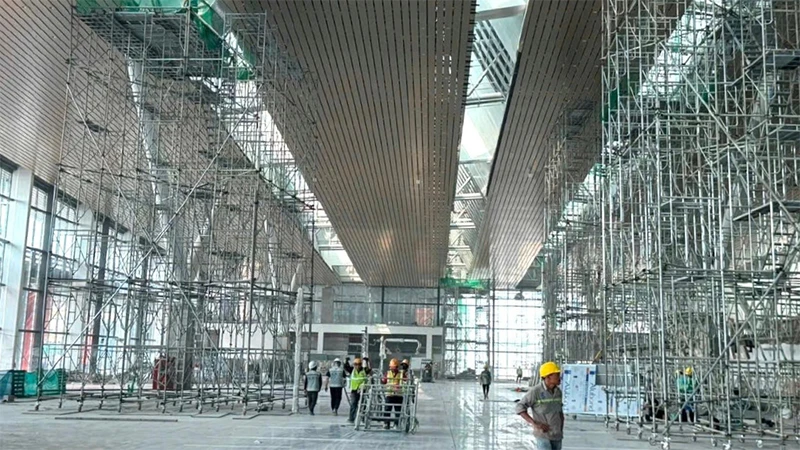
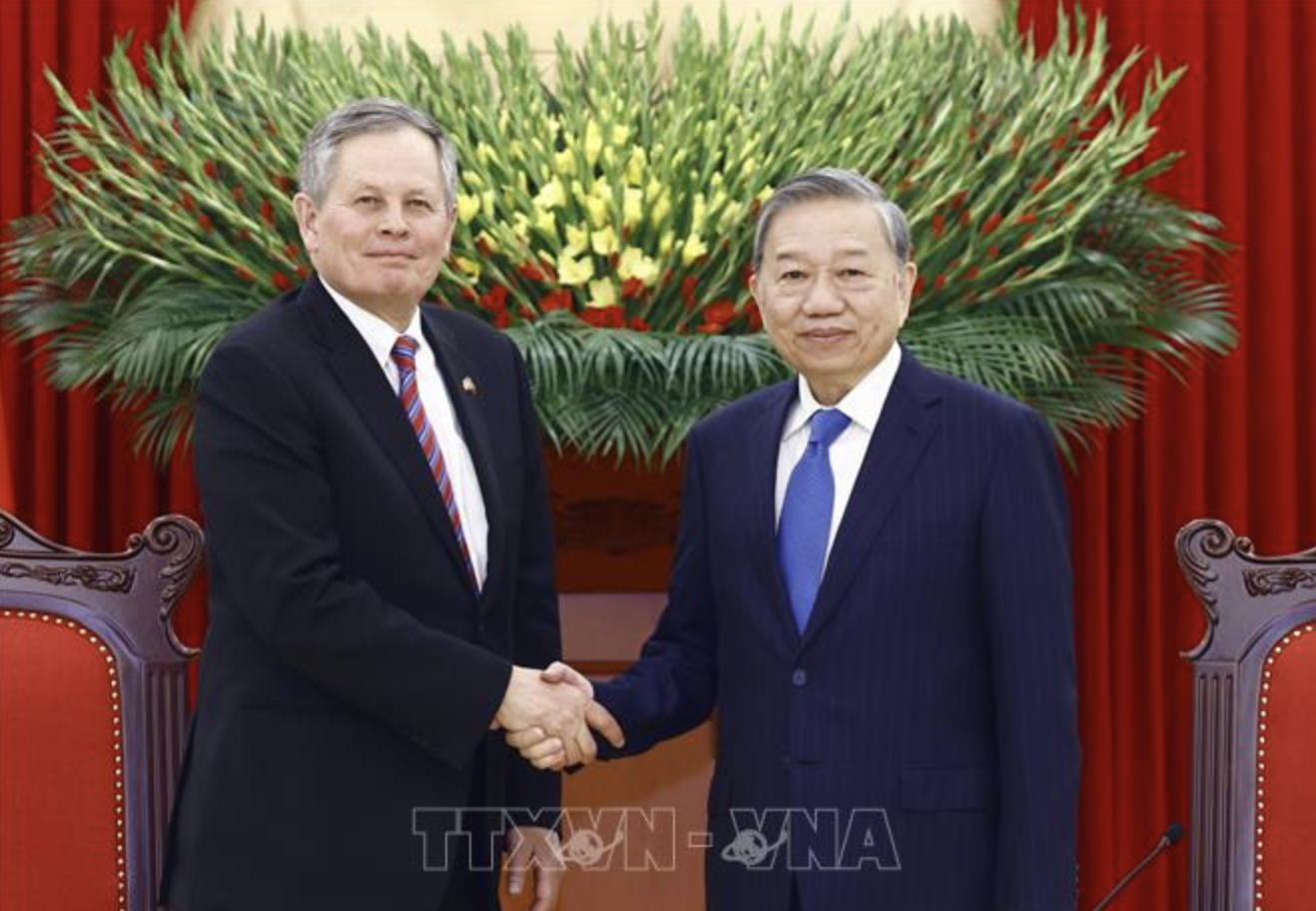



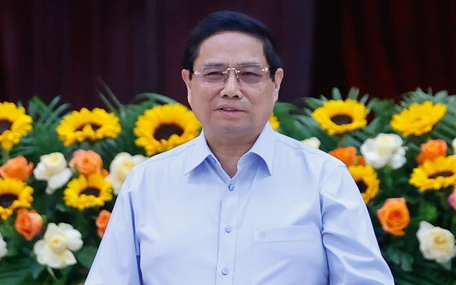
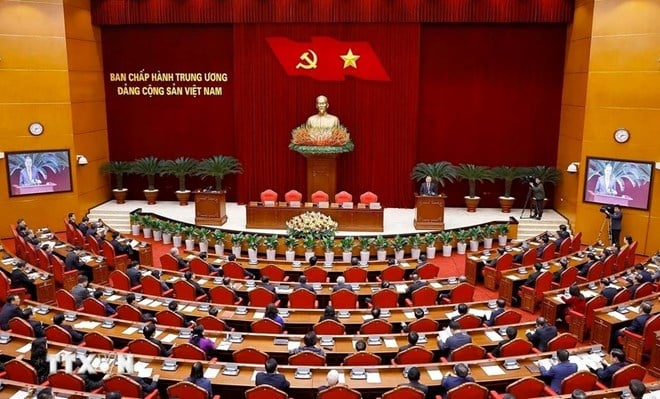

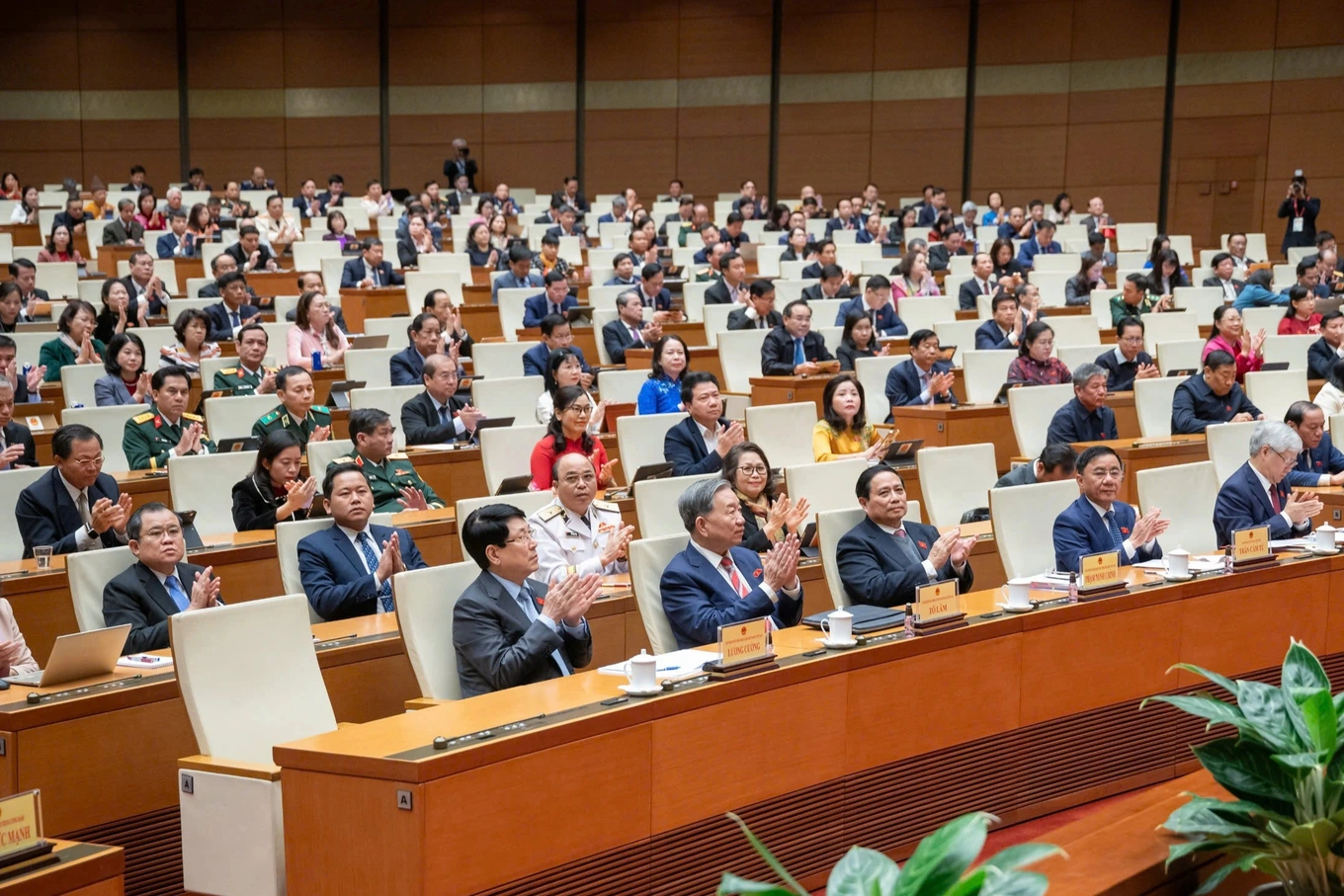



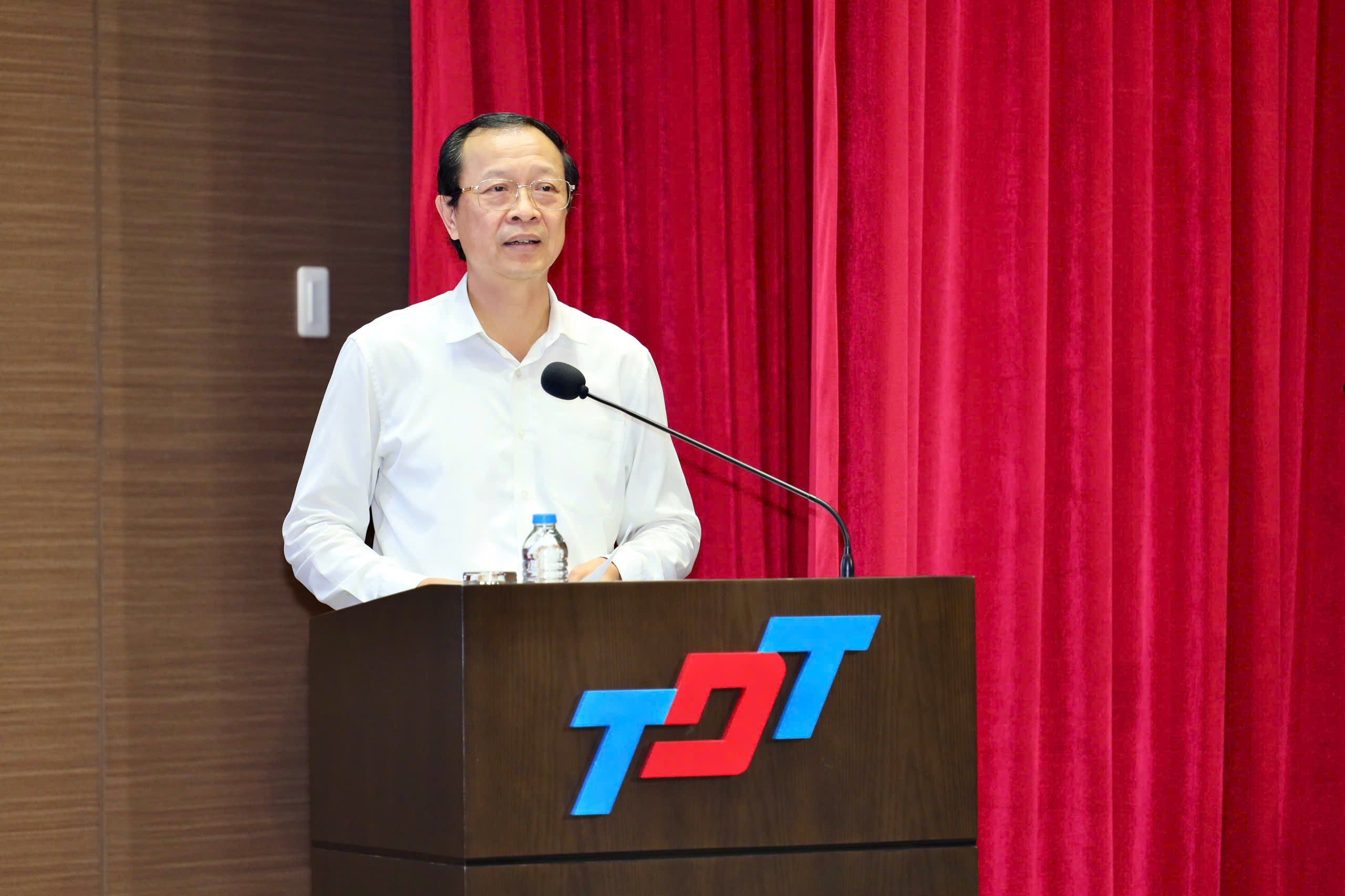

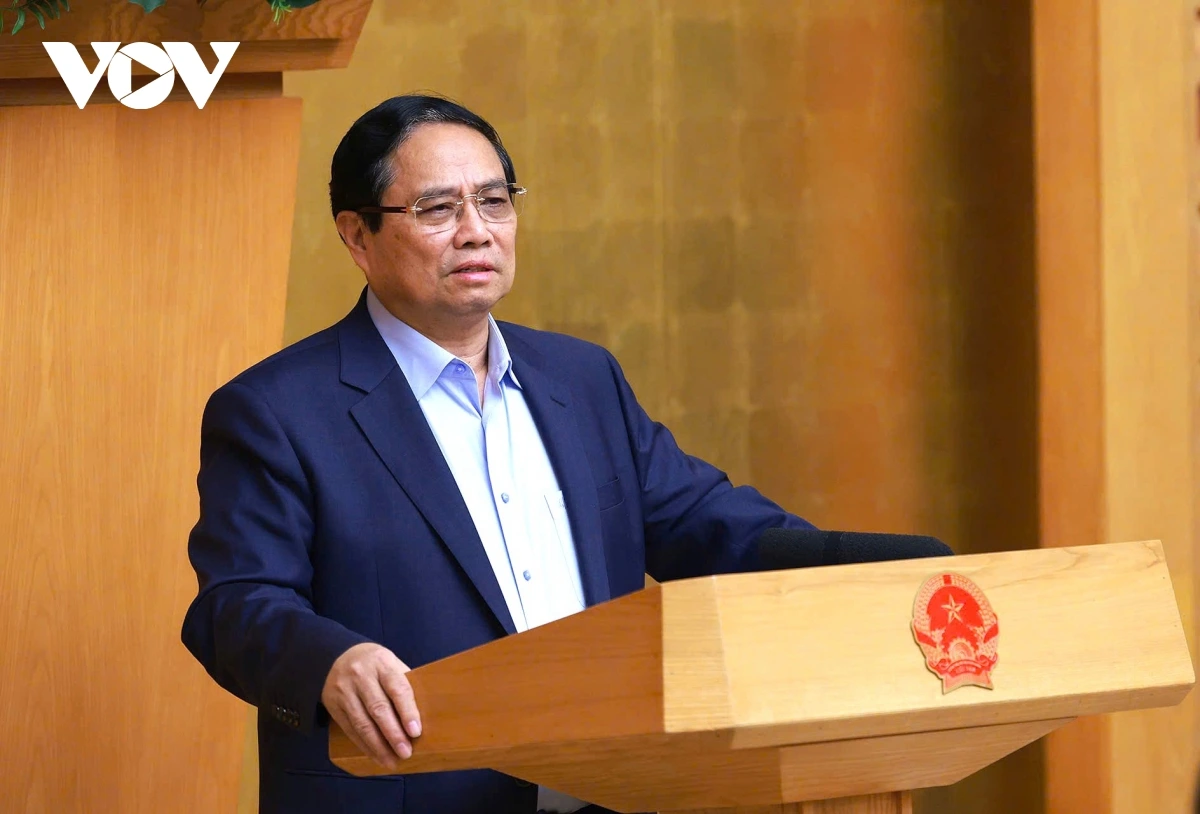


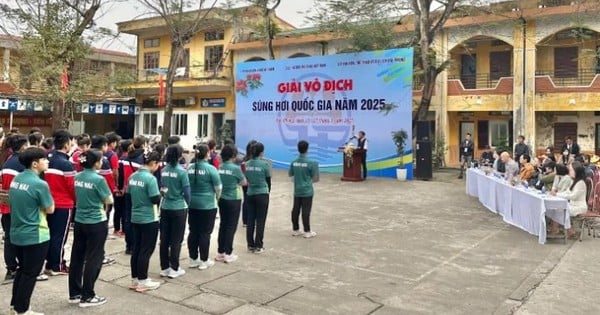


















Comment (0)